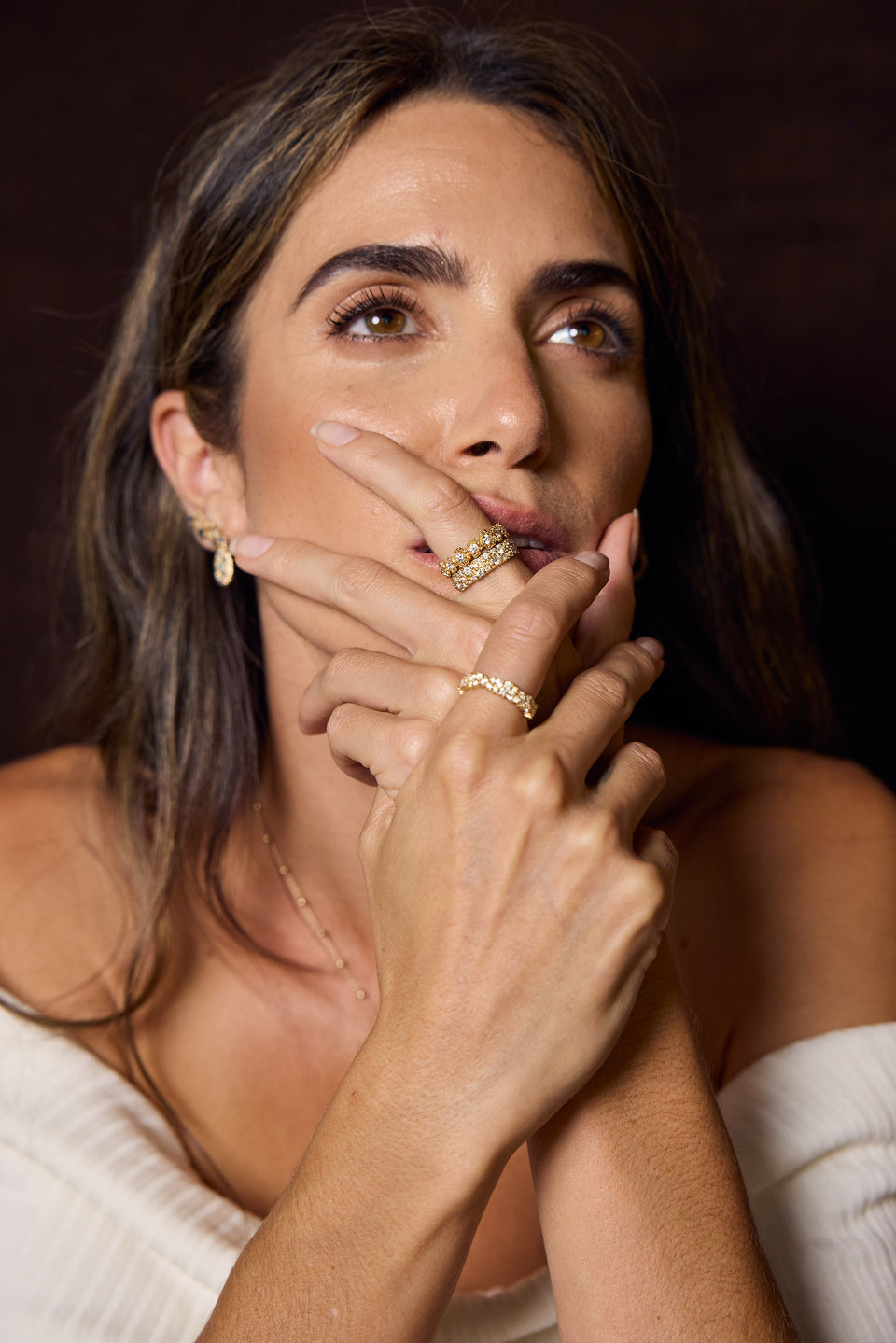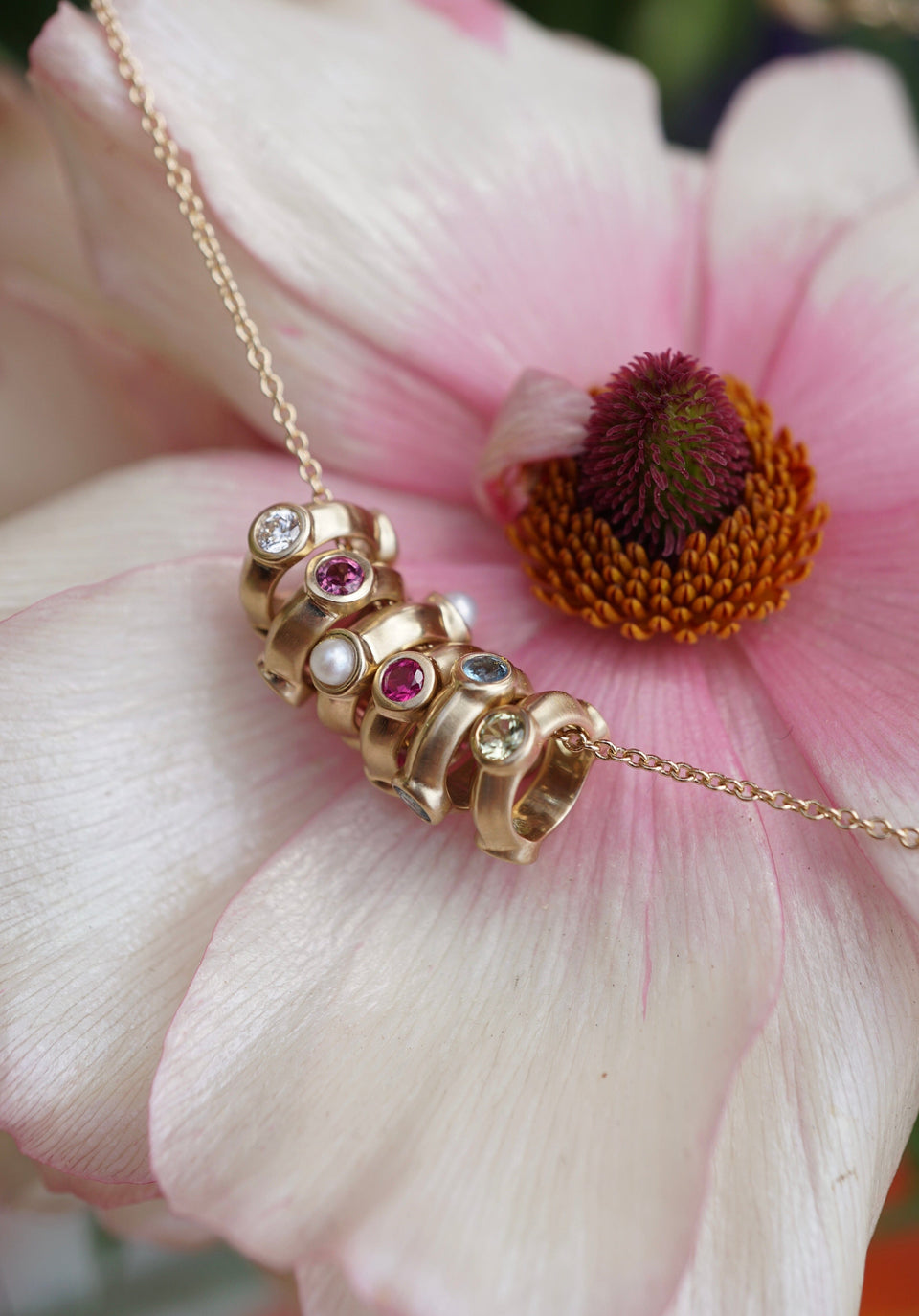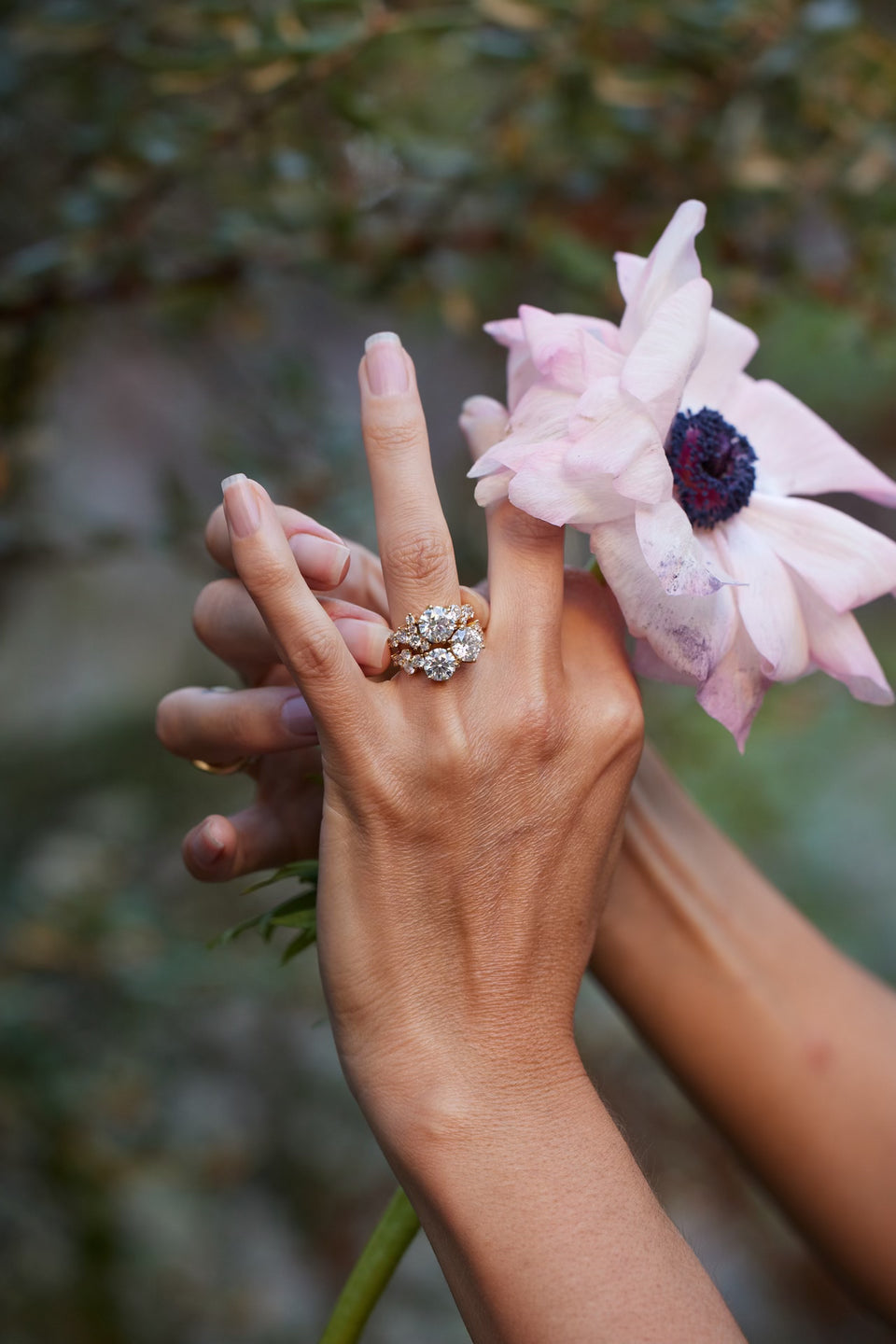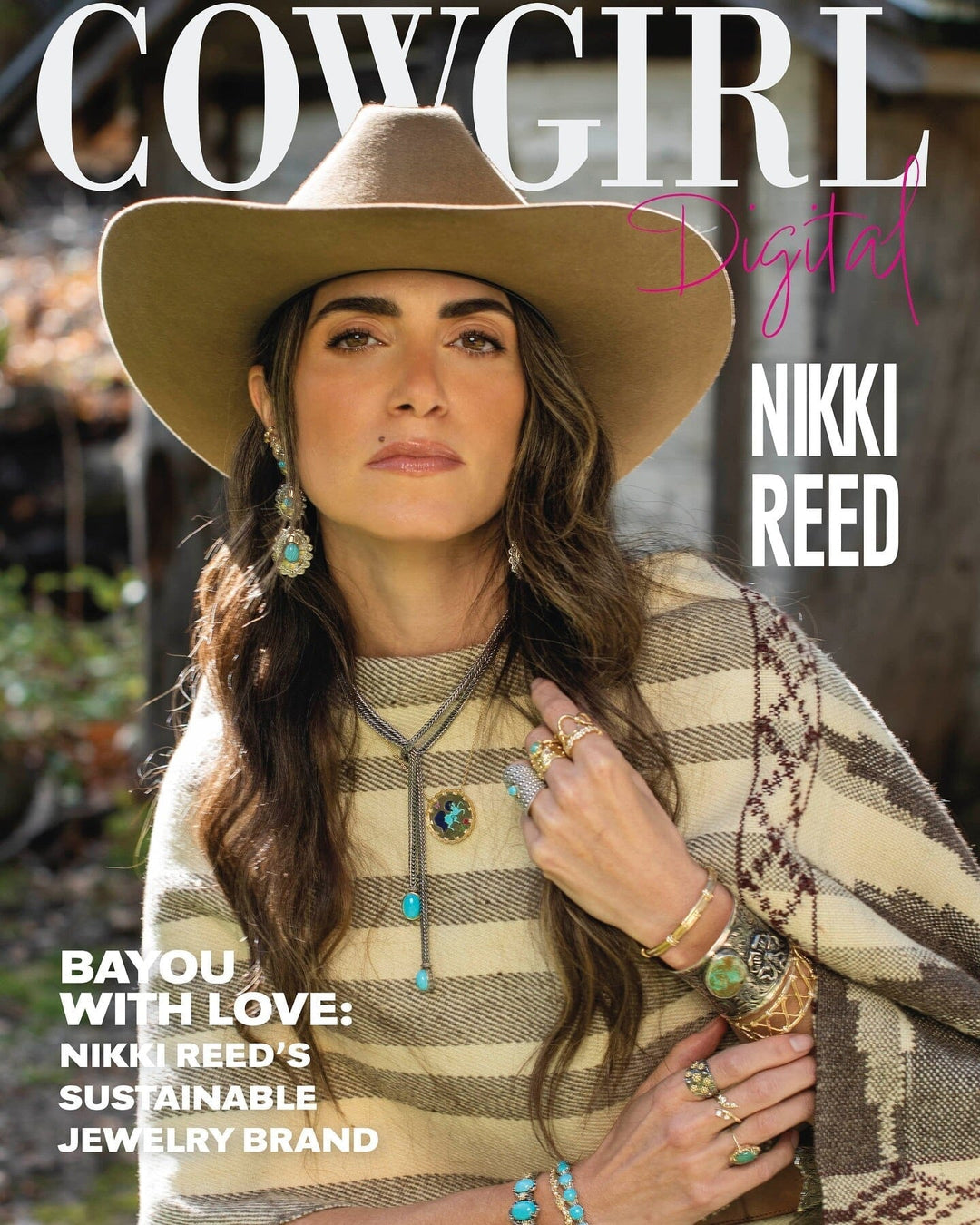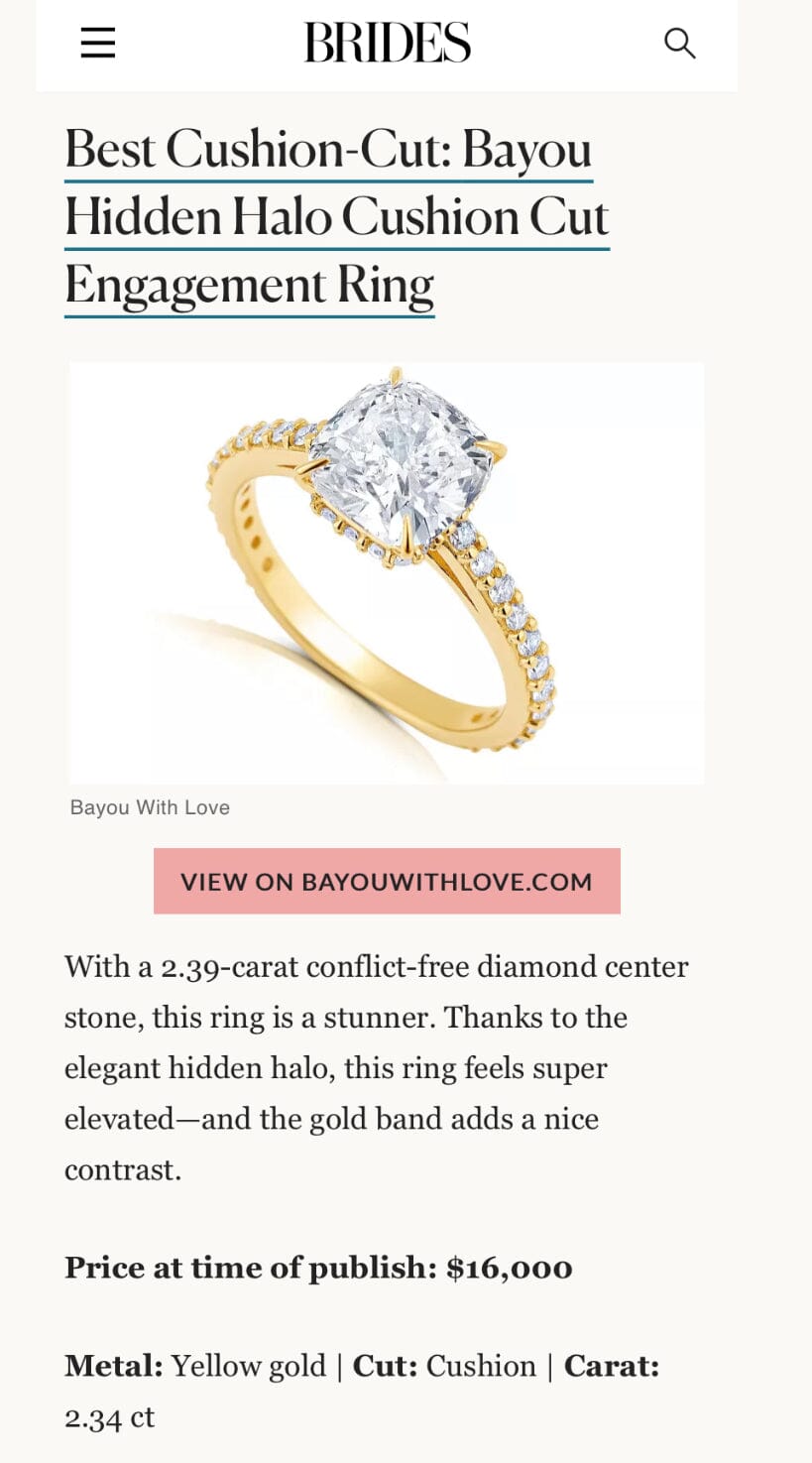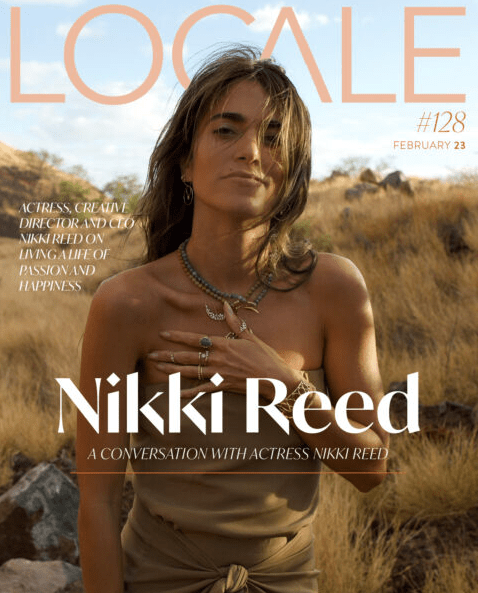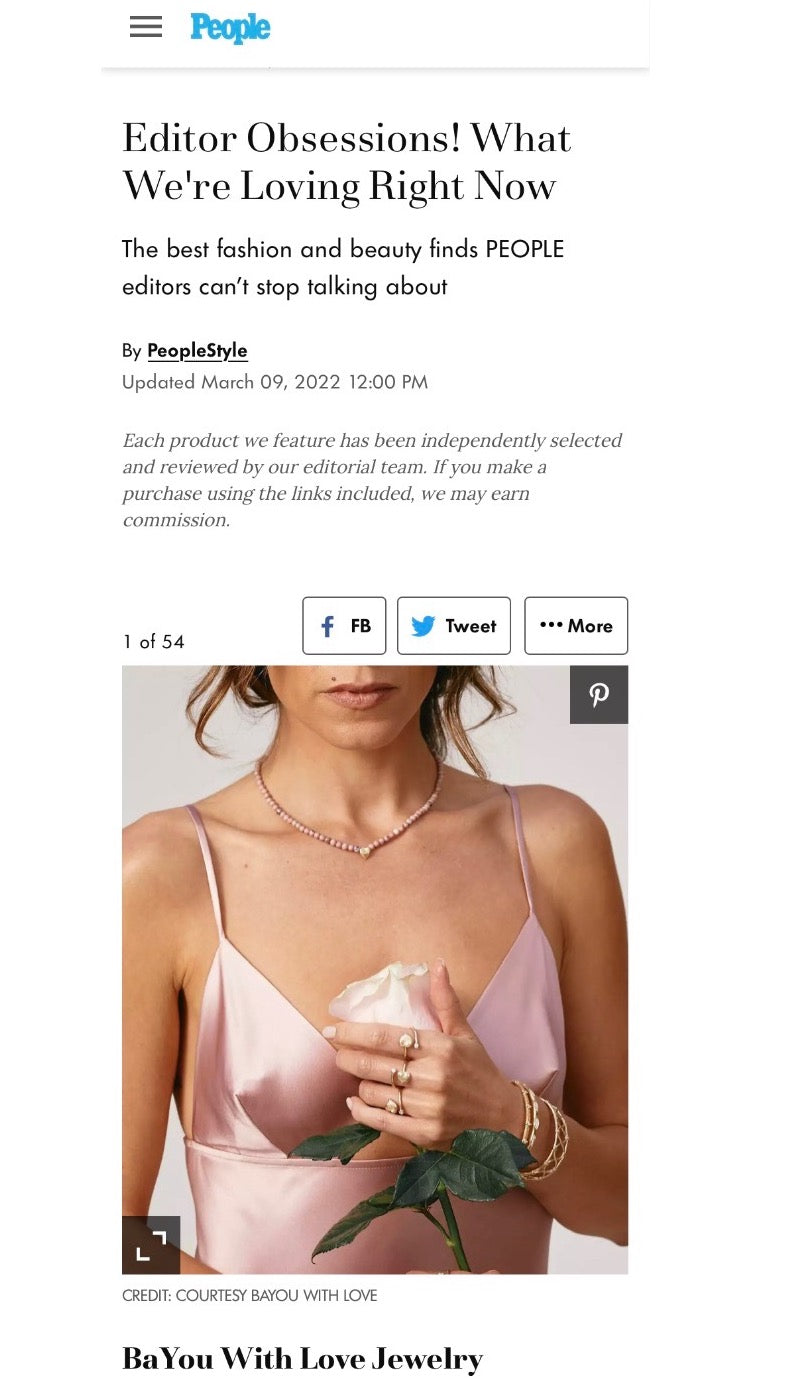Mylo a sustainable alternative to leather made from mycelium

When did you first discover mycelium, and what pulled you to dive deeper into the multi-functionality of this organic material?
As a scientist and unapologetic nerd, I’ve been fascinated by the incredible breadth and uniqueness of fungi, including mycelium, for years. The potential applications of fungi - packaging, antibiotics, textiles - are truly boundless.
In 2018, we started working with mycelium as a potential replacement for animal leather. Mycelium is an incredibly strong interlaced network of underground fibers that are the roots of mushrooms. Once I saw how quickly we could grow mycelium above the ground, and with such a tiny environmental footprint, and how we could engineer it to be soft and supple like animal leather, I recognized this was the future and added this to our research portfolio as a priority.
How do you make Mylo?
We start by reproducing what happens on the forest floor in a controlled indoor environment. We take spores of mycelia cells, feed it sawdust and organic material, and place it on a square mat while controlling the humidity and temperature. The mycelium grows into a foamy layer - imagine a big bag of smushed marshmallows. Once the mycelium is harvested, we compost the leftover byproducts. We then process and dye that sheet of mycelium, and it becomes the Mylo that gets used to make footwear, handbags, wallets, phone cases, and other gorgeous products.

At Bayou, we believe versatility is a key part of sustainable creation. Why do you think it's important for us to use materials that serve more than one purpose?
I couldn’t agree more. At Bolt, we are always looking at the environmental impact of everything we do and are designing with circularity in mind. We want Mylo, and the products made using Mylo, to be long-lasting and versatile.
As our world population grows by over 80 million every year, we face an ever-growing constraint on natural resources. Marry that with our addiction to fast fashion or fast consumerism, and we have a big and growing problem on our hands. Biodegradability is definitely a buzzword and one sustainability avenue to pursue, but given the challenges of biodegradation (like lack of access to proper facilities, etc…), we believe giving people materials that are strong and versatile is the best way to minimize our overall drain on resources and environmental footprint.
For people who don’t know, what are the benefits of using Mylo vs leather?
Mylo is an animal-free material made from mycelium, which is the underground roots of mushrooms, that is a sustainable upgrade to animal and synthetic leather. It is created using a highly efficient process that is intentionally designed to be low impact. It’s also a new technology product in which we are only scratching the surface of what it can do. I think there are boundless possibilities for what our smart scientists and product designers will come up with as we have months and years to continue exploring it.
For instance, it takes just weeks to grow the mycelium used in Mylo, instead of years it takes to raise a cow to slaughter, which means Mylo emits fewer greenhouse gases and uses less water and resources than the current process of making animal leather.
In addition to being certified bio-based, in developing Mylo, we have made every effort to reduce the amount of inputs we use. We adhere to the principles of Green Chemistry, meaning we evaluate all inputs into our production, selecting the least hazardous chemicals and substances available.

Can you talk a little bit about why it is important to steer clear of toxic leather alternatives and man-made materials that, while vegan, may end up in landfills causing more harm than leather?
Most synthetic leathers available today are made from 100% petroleum-derived inputs and have a polyurethane or PVC coating. They're essentially plastic-based, which means they come with many of the same environmental problems of other synthetics; specifically, they take a long time to break down at the end of their life and will sit in a landfill or the environment for many, many, many years.
Why is Mylo the future of fashion and beyond? What kinds of products do you envision being created with Mylo?
There is something alluring about the touch, feel weight of leather. However, we believe that for years consumers have had to compromise when buying leather goods as their options were either an animal-based or a petroleum-based product. With Mylo, we are looking to give people the chance to unleather without having to compromise their ethics or environmental footprint. This is the future of fashion.
Mylo products - shoes, accessories, apparel - will be coming to market in 2021 with our consortium partners, including Stella McCartney, Adidas, and lululemon. The consortium marks a major milestone in the industry, as global companies come together to collaborate across competitive lines and invest in material innovation and creative solutions to reduce our environmental impact. We think of this as the meeting of deep science and high design and see an application for Mylo in countless products across fashion, footwear, design, home goods, accessories, and beyond.
What inspired you to start a company rooted in sustainability, and how do you see Mylo changing the course of sustainable fashion?
As a nerd, I’ve always loved learning new and unexpected things. Specifically, as a biology nerd, I’ve always found studying nature and what the billions of years of biodiversity on our planet has come up with to solve problems is inspiring and insightful. The idea that our society has gotten out of balance with the ecosystems of planet earth to the point that we could destroy forever, all these amazing systems to learn from is unthinkable. The obvious, but overly romantic, notion was that we at Bolt could do our part to bring sustainability to our planet and species is energizing and inspiring. So I threw myself into it.
Mylo will do a lot of good by itself, displacing more wasteful materials and making beautiful products. Even MORE exciting is Mylo will demonstrate to people from all walks of life that there can and should be a better way to tackle our materials problems. The solutions have been here since before humans were on this planet, and we finally have the technology and ability to tap into that solution set and make it a reality.

Photos provided by Mylo
To learn more about Mylo and the consortium, visit Mylo-Unleather.com and follow @mylo_unleather on Instagram.
About Dan Widmaier, PhD, CEO & Founder of Bolt Threads
Dan Widmaier is the Founder and CEO of Bolt Threads. Dan earned his Ph.D. in Chemistry and Chemical Biology from UC San Francisco, where his graduate research involved designing genetic circuits to control microbial organelles. In 2009, he and his two co-founders founded Bolt Threads, which is creating the next generation of materials using biotechnology.
Harnessing his experience in both science and business development, Dan has grown Bolt Threads from an incubator start-up to a biomaterials platform company with 75 employees. He has led Bolt Threads through multiple fundraising rounds, created lasting partnerships with iconic global brands like Stella McCartney, and launched commercially available materials, including Mylo™ – a mycelium-based leather alternative - with a select group of partners including Adidas, Kering, lululemon, and Stella McCartney.

About Bolt Threads
Bolt Threads is on a mission to create way better materials for a way better world, developing sustainable solutions for the apparel and beauty industries. With nature as inspiration, Bolt Threads invents and scales credible materials that put us on a path towards a more sustainable future. Bolt Threads is based in Emeryville, Calif. and was a Fast Company Most Innovative company in 2019 and 2018. For additional information, please visit www.boltthreads.com.
